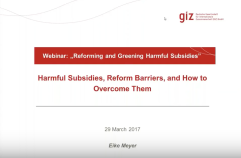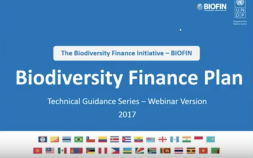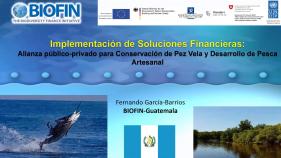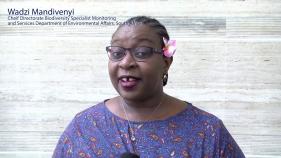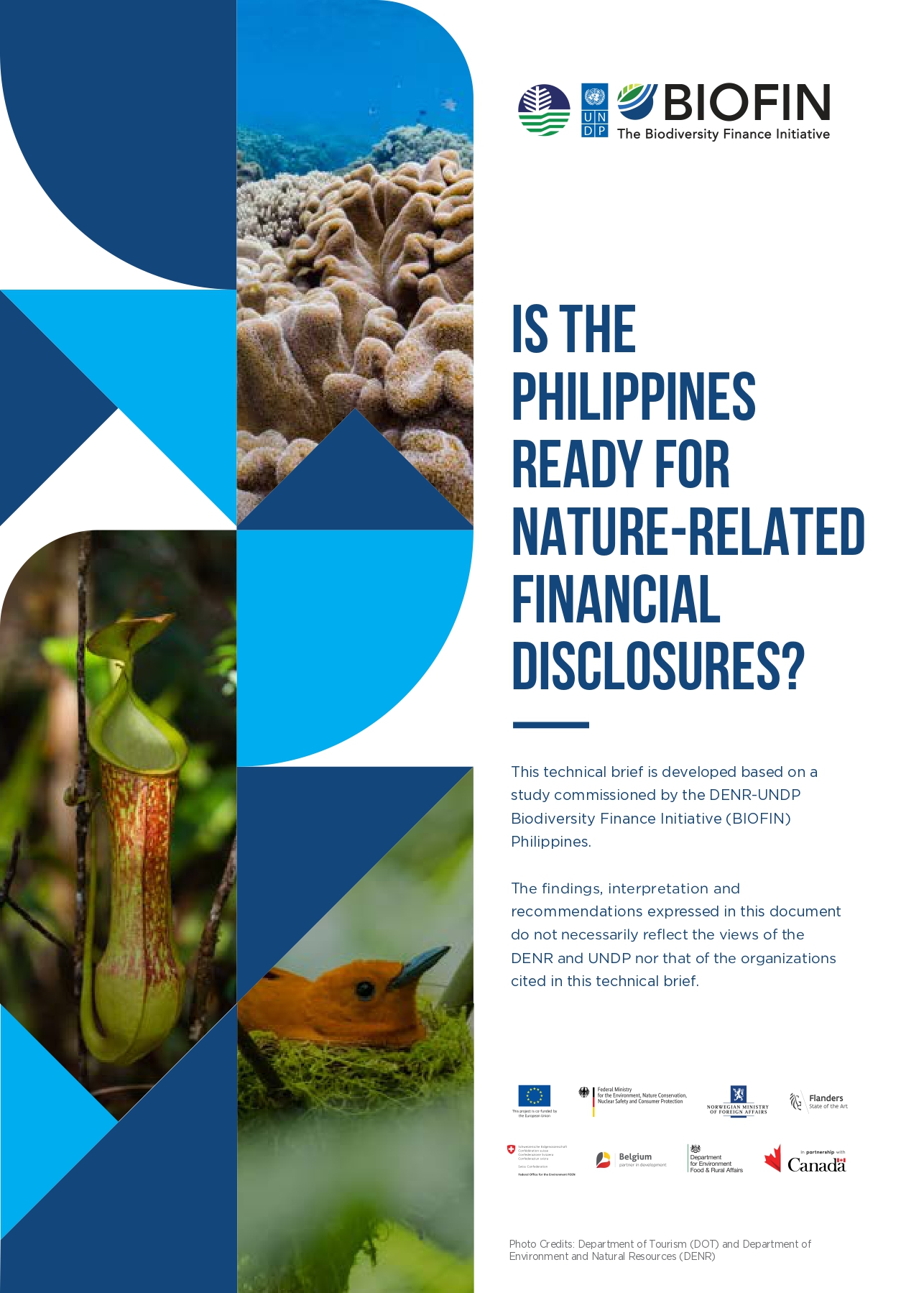
In the COP15, countries agreed to a Global Biodiversity Framework which sets targets to protect 30% of the earth’s land, inland waters, oceans and coastal areas by 2030 with emphasis on areas important for biodiversity and ecosystem services. Expanding restricted spaces for conservation may present transition risks to mining, agriculture and tourism sectors if applied in the Philippines. The Philippines has sound strategies and comprehensive environmental laws and policies, but some penalties need updating. Taxes, subsidies, fines, and penalties if set high enough, are effective mechanisms to discourage pollutive activities and promote green practices. Policies to attract green investments using incentives are found in the Green Jobs Act and AFRD or the Agriculture, Fisheries and Rural Development Financing Enhancement Act. These recent laws refer to “green” activities, but the term will need further definition.
Biodiversity financing requires significant investments, but public budgets are inadequate. The BIOFIN public and private biodiversity expenditure study shows scenarios where better alignment of public budgets can augment spending for biodiversity in the ENR sectors. Private finance will be needed to augment financing for “green” activities with nature-positive outcomes and climate change adaptation. The Philippines recently published a Sustainable Finance Road map which outlines plans to raise finance through a mix of tools, including better disclosures and the adoption of a green taxonomy. The Philippine Financial System holds substantial assets where a large part is held by banks. The larger banks lend more to the capital-intensive sectors, whereas the smaller banks lend to agriculture and retail consumers, mostly MSMEs. Regardless of size, bank portfolios are exposed to climate and nature risks.
This technical brief highlights the findings and recommendations of the study conducted by BIOFIN Philippines on the country’s readiness for nature-related finance disclosures. The study assessed Philippines’ institutional, policy and regulatory readiness for disclosure of nature-related finance and risks. It also assessed the institutional arrangements readiness and capacities of national and local associations of economic agents and put forward a set of entry points and recommendations moving forward.
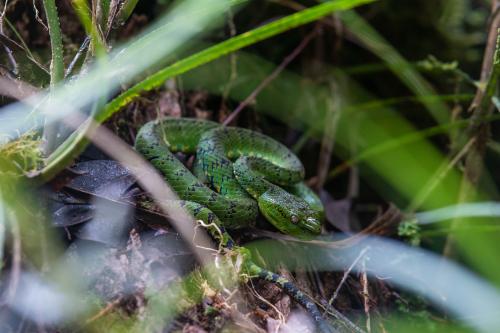
Photo credit: Photo by Department of Tourism and Department of Environment and Natural Resources in the Philippines
DOWNLOAD
